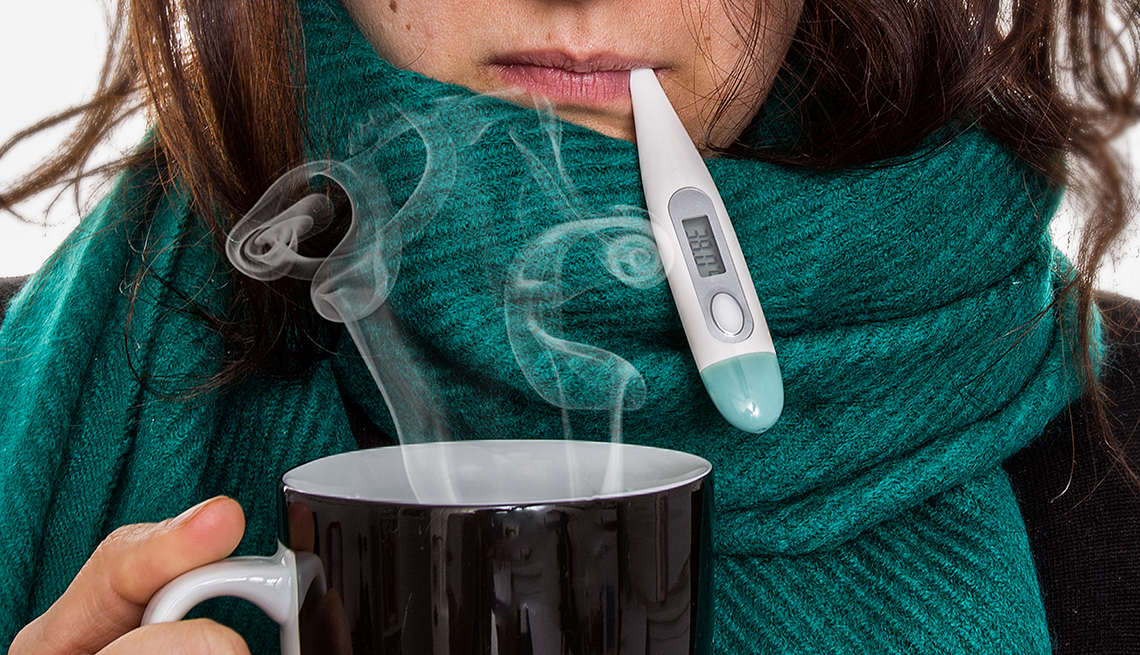Immunization is available now.
Did you get your flu shot yet ?
Did you get sick last year ?
I got mine on Sunday. Took it last year and did not get sick even once, it is really worth taking it.
Get off that sofa and go get your shots and stop spreading the flu.
I am sure that Dr. Jagdeo recommends getting the flu shot.





